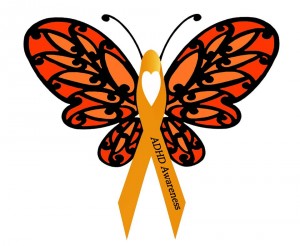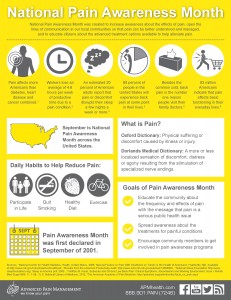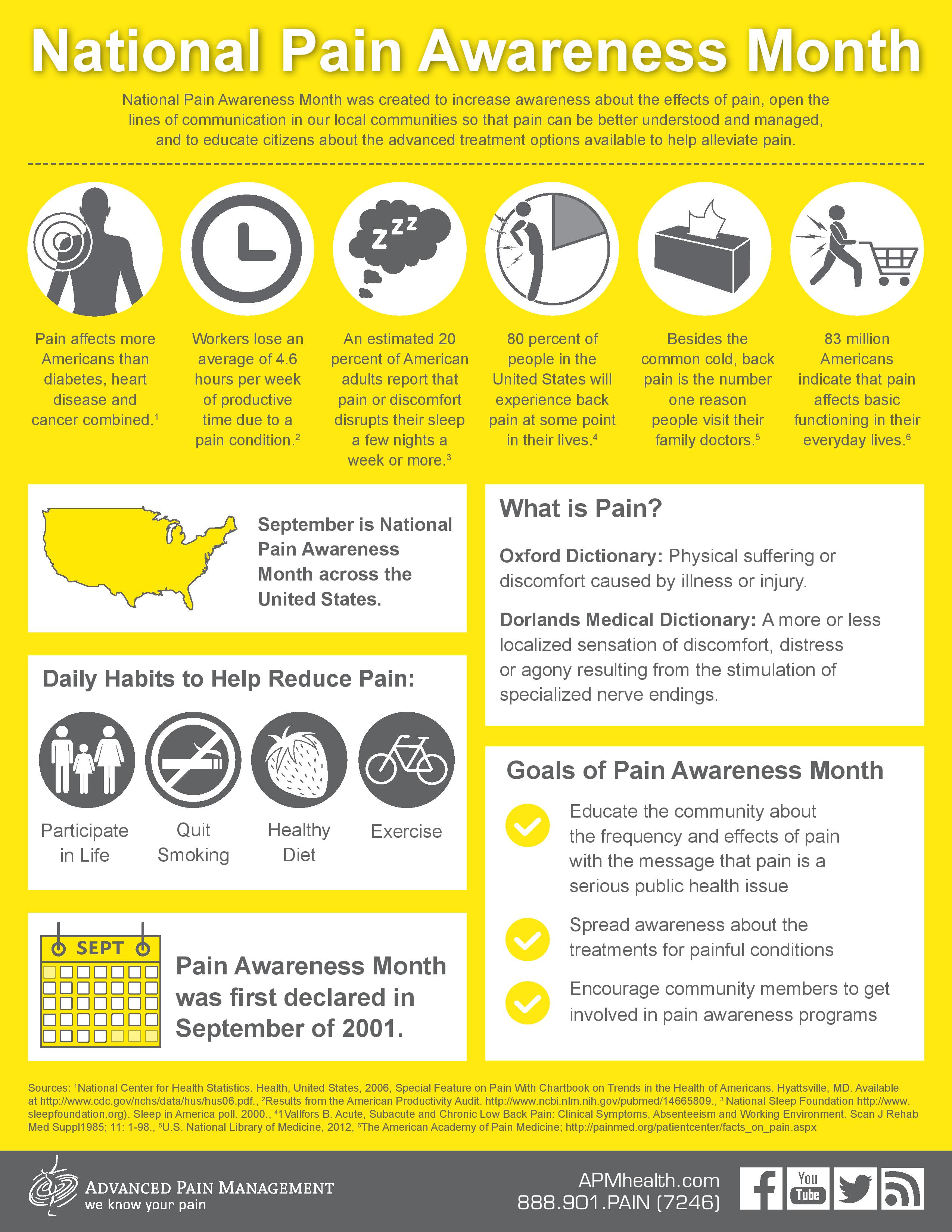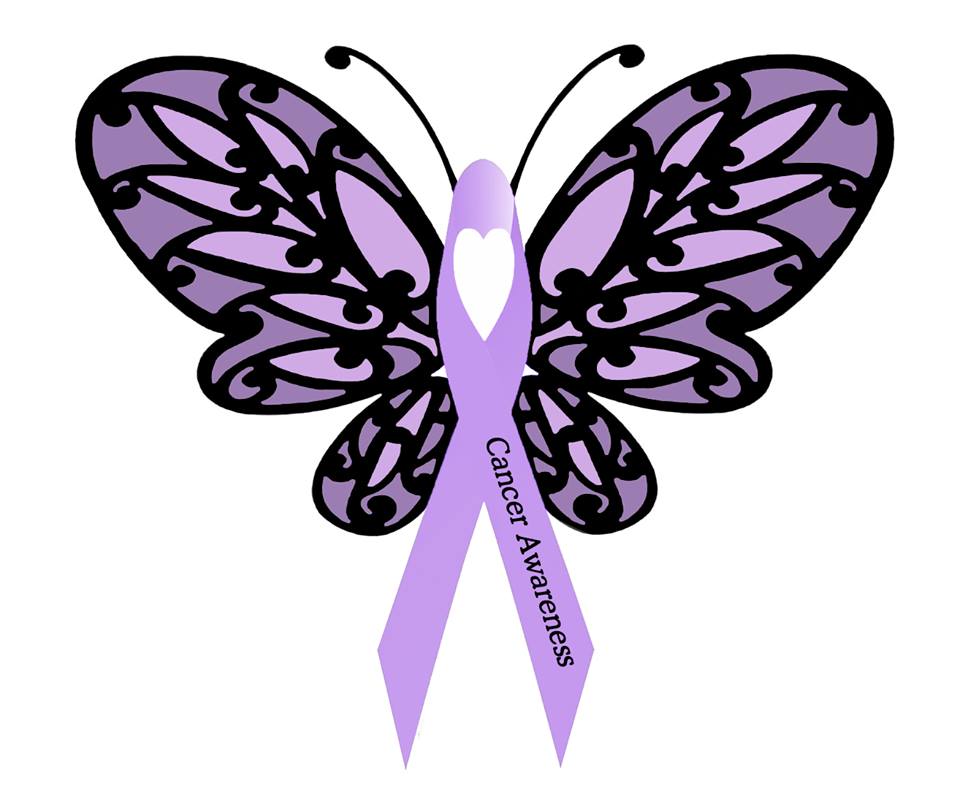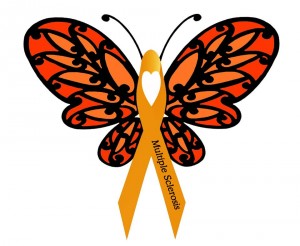A new booklet called Up and About: Taking positive steps to avoid trips and falls has been produced by NHS Health Scotland, Age Scotland and the National Osteoporosis Society. It includes information and helpful advice to those most at risk of trips and falls.
Around one in three older people experience a fall at least once a year. Getting out and about helps keep people active and enables them to do the things they enjoy doing and seeing their friends and family. However, falling, or the fear of falling, can often stop people from getting out and about.
Whatever a person’s age, there are simple things they can do to increase their confidence and reduce their risk of trips and falls.
Up and About provides information on looking after your feet, checking your home for hazards, telling someone if you have fallen, managing your medication, keeping active, looking after your eyes and looking after your hearing. It also includes practical information around what to do if a person has a fall and where they can go for support and advice.
It has been designed to be useful for older people, their relatives and people who work with older people, for example carers. It will be distributed throughout Scotland and is available from 16th June 2014.
To order a copy of Up and about: Taking positive steps to avoid trips and falls, call Age Scotland on 0845 125 9732 or email NHS Health Scotland on nhs.healthscotland-publications@nhs.net
“Falling can have a dramatic impact on a person’s life,” said Fiona Borrowman, Health Improvement Programme Manager for Dementia, Mental Health and Older People at NHS Health Scotland. “It is very important that we offer help and support to people at risk of a fall or who have experienced a fall to prevent it happening again. This booklet provides tips on how to avoid having a fall and how to keep well and active.”
Brian Sloan, Chief Executive of Age Scotland, said: “Falls can have a devastating impact which can last well beyond the period which any physical injuries take to heal, leaving people feeling vulnerable and afraid to go out and about. We hope this resource, which has been developed with direct input from older people Age Scotland works with, will help to educate people on how to prevent falls in later life and provide reassurance for those who have had a fall.”
Sarah Leyland, Helpline Manager at the National Osteoporosis Society, welcomed the publication and said, “keeping active and adopting strategies to prevent falls is so important for older people, who are most at risk of fragility fractures. Combined with good bone health, disabling and painful fractures can be avoided.”
The online version of the booklet is available at: http://www.healthscotland.com/uploads/documents/23464-UpAndAbout.pdf

